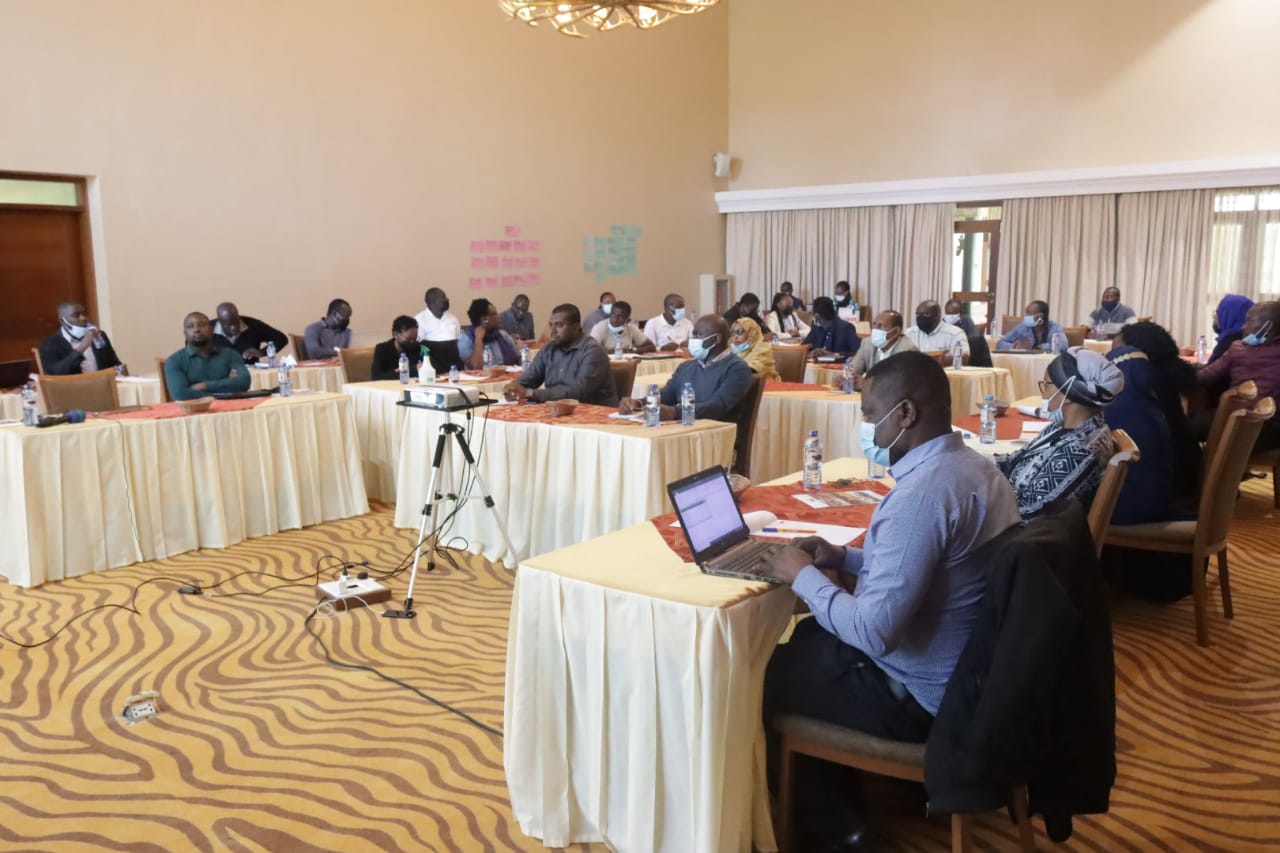The five year (2021-2025) Resilience Peace and Stability (RPS) program implementation began in January 2021 with five consortium partners lead Act Change Transform Act! and DRC/DDG as the consortium partner. Other strategic partners including Pamoja (P4T) for Transformation, Kenya Community Support Centre (KECOSCE), MIDRIFT-HURINET have been implementing CVE and peacebuilding activities since program inception in Kisumu, Mombasa, Nakuru/Baringo respectively. Consilient, the program research partner conducted program baseline survey during this implementation period.
Through Request for Application (RfA), review of proposals and design clinic and conducting Management Control Assessment (MCA), Act! identified thirteen and sub warded downstream partners to lead program implementation in West Pokot, Garissa, Isiolo, Samburu, Mombasa, Kwale, Lamu, Mandera, Bungoma and Nairobi Counties. The partners include: African Rangeland Trust-West Pokot, CEED-Isiolo, CSI – Samburu and Laikipia, County Governance Watch-Nairobi, Haki Africa-Mombasa, HURIA-Kwale, Kareu Mpya-Bungoma, KEPHRA-Nairobi, Bungoma and Isiolo , KMYA-Mombasa and Lamu, KYBI-Lamu, PGI-Garissa, VOPA-Mandera , Womankind-Garissa, Midrift Hurinet-Nakuru and Baringo KECOSCE-Kilifi, Pamoja for Tranformation-Kisumu.
The two-day held on October 19-21 workshop brought together 46 participants on the first day and 44 participants on the second day from the 15 RPS implementing partners. The objectives were to provide detailed understanding of:
i. Key monitoring and evaluation concepts
ii. RPS Results Framework contribution
iii. Reporting tools, templates and schedules
iv. The need for Bi-Weekly Reporting, Quarterly Reports, Bi-Annual Reports & Annual Reports
v. DQA (Data Quality Audits)
vi. Importance of Success stories
vii. Procurement procedures
viii. Capacity development key areas.
The purpose of the induction and the quarterly coordination forum conducted during this period was thus to introduce newly sub awarded RPS partner to the program’s expectations including contractual obligation, grants and finance procedures, reporting and capacity development as well as review quarter II program implementation.
The anticipated outcome was that there will be enhanced partner capacity in development of partners in program management and reporting – that includes all possible strategies and pre-conditions, short term, medium term and long term outcomes of a program.
During the workshop the participants noted that a majority were not well conversant with the online monitoring and evaluation tools. Some cited that their reporting was rigid on the fact that they did not collect quantitative data to measure the change in the Knowledge, Attitude and Practices of the target populations pre and post activities.
At the end of the workshop the teams had: Mapped out and shared experiences on potential RPS signature project categorized as Youth/women economic empowerment, Peace Divided Projects (PDPs), policy engagement, Community safety and security and peace education. Clear understanding of financial procedures including placing financial request, liquidation, financial report and timelines and that of Act! capacity development component among other items on the agenda.
More to that, the Act team had developed a standardized data collection tool that would be used across the RPS program in collaboration with the other implementing partners all the project sites.
Action steps from the workshop included: Follow up on commitments made by the partners to share knowledge and cross learn with other implementing partners and a scheduled OCA exercise to commence in after two weeks
Lessons Learnt: There is need for periodic capacity building sessions are key in enhancing the capacity of the partners in understanding MERL systems and reporting tools.
In conclusion it was evident that there is need to focus on impact/outcome based reporting by undertaking focus group discussions and key informant interviews at the community level on what significant changes are happening.























